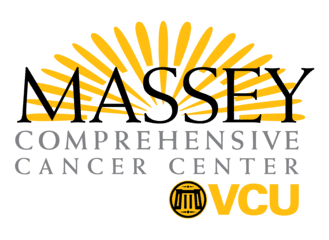Family health history resources
Family history is important for knowing your chance of cancer. In fact, for most people, family history gives more information about their cancer risks than a genetic test from a laboratory can. Every member of your family should have a detailed health history to share with their doctor. In fact, tracking disease and health patterns could make a huge difference not only for your own life, but for those of future generations. Family history can help your doctor understand your own cancer risk — and better yet, teach you how to prevent cancer or find it early (screening).
Knowing Family History – Who, What, and How?
Who?
Your doctor or genetic counselor will want to know about the health of your blood relatives. If you can, you will want to go back as far as great-grandparents and over as far as cousins. Try to get information about both men and women, from both father’s and mother’s sides of the family. Risk for cancers that usually only happen in men, such as prostate cancer, can be passed from mothers. And, risk for cancers that usually only happen in women, like ovarian cancer, can be passed from fathers. Many families have one or two people who happen to know a lot about the family health history. These “kin keepers” are great people to talk to when getting your family history information.
What?
When getting information about family history of cancer, try to find out:
- The main (primary) type of cancer each person had (where the cancer started). If possible, try to get a doctor’s note or pathology report that names the type of cancer;
- How old each person was when they were diagnosed;
- Whether any other diseases or physical features seem to track with the cancer in the family – sometimes inherited cancer conditions are part of syndromes; and
- Results of any laboratory testing for inherited cancer mutations (genetic testing). If possible, try to get a copy of the actual genetic test report.
How?
Once you gather this information, you will want to store it for yourself and for future generations. Here are a couple of ways to store this information.
- Share it with your doctor or a genetic counselor. It will be part of your medical record. You can let your doctor or genetic counselor know which other family members are allowed access to that information.
- The Surgeon General has developed a website for the purpose of documenting family health history: Family Health Portrait
Other resources
- Information from the Centers for Disease Control and Prevention about the importance of family health history: CDC - Family History
- Guidance about how to share health history information with your family, from FORCE, a support and advocacy group for people with hereditary cancer: FORCE - Importance of Sharing with Family
- Tips for sharing hereditary cancer information with family: Family Ties
If you have questions about getting or sharing family health history you can contact VCU Massey Comprehensive Cancer Center genetic counselors at cancergenetics@vcuhealth.org. To schedule an appointment for cancer genetic counseling call (804) 828-7999.
